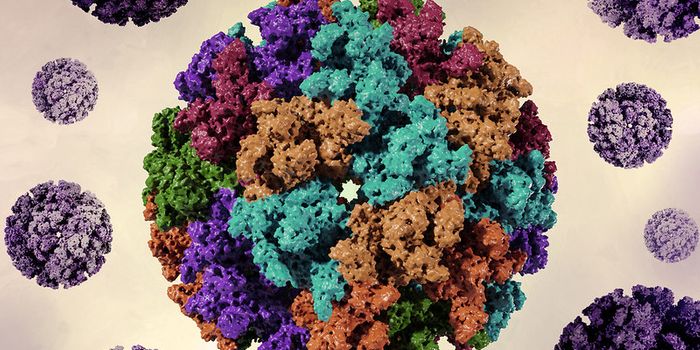New Vaccine Protects Against Lassa Fever and Rabies
In Africa, Lassa fever is a significant threat to public health. It is a member of the same family of viruses as Ebola. Lassa cases can be mild, but it may also cause hemorrhagic fever. The virus infects between 100,000 and 300,000 people every year, killing 5,000 of those individuals. Now researchers have created a vaccine that protects against this deadly illness, as well as rabies, another problematic virus in Africa. The vaccine has proven effective in animal models. The work has been reported in Nature Communications.
"This two-component vaccine showed good protection from exposure to both virus types in preliminary animal studies," said the senior author of the study, Matthias Schnell, Chair of the Department of Microbiology and Immunology at Jefferson (Philadelphia University + Thomas Jefferson University). Schnell is also the Director of the Jefferson Vaccine Center.
The scientists based the vaccine on one that has been used effectively for rabies over decades. It’s an inactive vaccine, so it’s likely to be safe for pregnant women, whose pregnancies are threatened by Lassa infection.
The researchers have made their stable for storage at room temperature, so it can easily be used in the field. There is another critical benefit of this virus, Schnell explained. "Perhaps more importantly, however, we've discovered how to test for protection, which could vastly improve our ability to translate these findings into a human-ready vaccine," said Schnell.
The vaccine can’t be tested by exposing people to Lassa and then checking for efficacy, so it will have to be evaluated based on animal studies. The researchers will look for antibodies that neutralize the pathogen; the virus binds to the antibody, rendering the pathogen unable to bind to receptors on cells. Then, infection can’t occur.
"The neutralizing antibody works like putting glue on a key," explained the first author Tiago Abreu-Mota, an MD/PhD student in Dr. Schnell's lab visiting from University of Minho, Portugal. "By junking-up the key, or entry molecule, the virus can no longer open the door to the cell."
Instead of taking the typical route to target the virus, researchers at the National Institutes of Allergy and Infectious Disease (NIAID) and University of California, San Diego (UCSD) aimed for other pieces of the pathogen - it's glycoprotein. The scientists found that in Lassa’s case, this is an effective way to flag viral particles for destruction by the immune system.
The work on this vaccine will continue as scientists seek to bring it to the clinic. Next, the vaccine will be tested in non-human primates.
Sources: Science Daily via Thomas Jefferson University, NIH, Nature Communications








